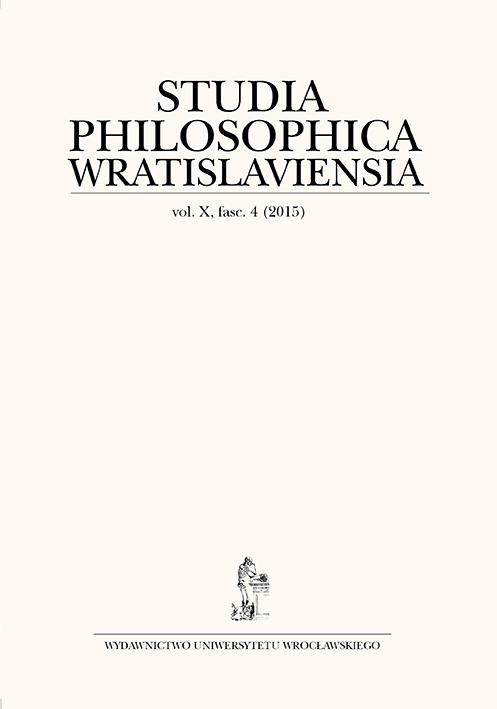

ARTYKUŁY

Understanding the idea of good in companies’ codes of ethics
The paper concentrates on the problem of the companies’ codes of ethics. We want to present how the authors define what is desirable for a company and stakeholders. In the article we present only the most important axiological preferences which are contained in the companies’ codes of ethics, especially those associated with the methods of creating codes of ethics, perceived role of the code of ethics as well as the attitude towards main stakeholders. We will communicate what is defined as good in these documents. In the article we compare some expectations directed towards the codes of ethics with the content of these documents. The results of our analysis reveal the dissonance between expectations of ethicists and prevailing preferences included in the companies’ codes of ethics. For the creators of codes of ethics the concept of “good” is connected with economic aspects — it is understood as business, benefit, profit. If there is reference to moral good human dignity, human right to development, quality of life, privacy, it is subordinate to pragmatic and instrumental meanings.